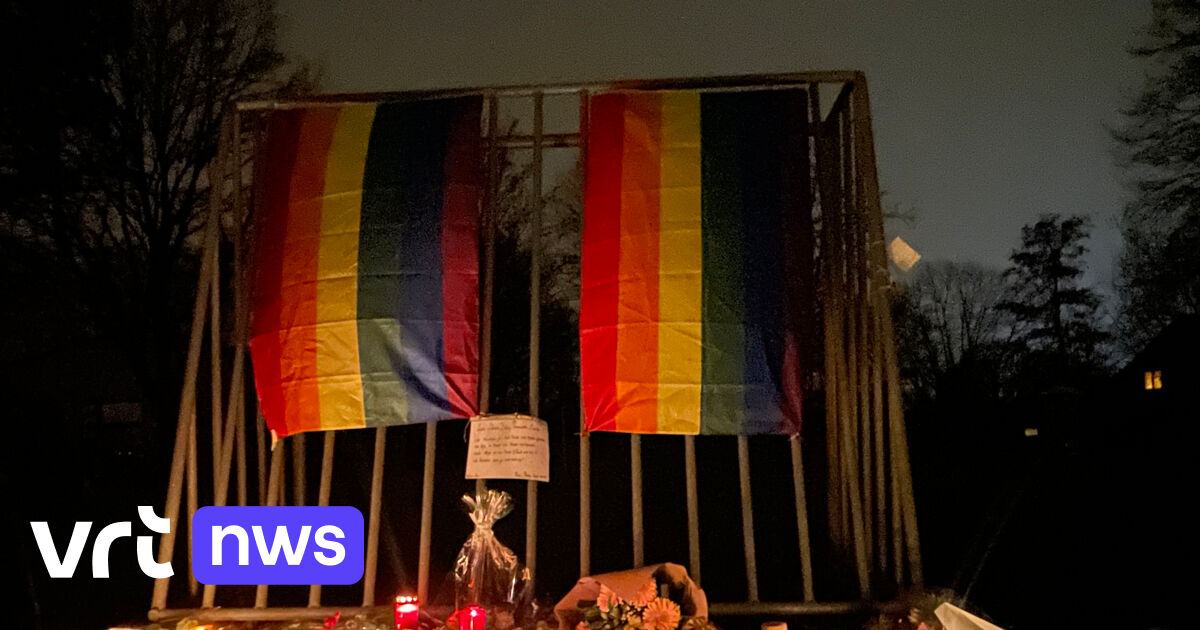12.03.2021 – 11:53
VEB.RF
MOSCOW, May 23 / PRNewswire /
In early March, the Russian government started a large-scale program to build over 500 new schools, which are expected to accommodate up to 647,000 school children by 2024. The program is carried out as part of a public-private partnership (PPP), with VEB.RF as the main partner of the private companies. The total value of the project is estimated at $ 7.6 billion, of which $ 4 billion will be raised by private investors, said VEB.RF Chairman Igor Shuvalov.
“VEB.RF is ready to co-fund the project and encourage partner banks to provide funding under concession agreements,” he said. “Education PPPs will enable new schools to be brought up to speed faster, distribute and alleviate the burden on regional budgets, and allow good educational practices to be exported across the country.”
The program is now part of the national project “Education”, which was launched in Russia in May 2018. The project aims to have Russian general education ranked in the top ten in the world by 2024 as measured by PISA average score and other metrics such as teachers’ subjective well-being, quality of educational institutions, and research results. In the PISA ranking, the country is currently in 31st place, just below Latvia and above Italy.
A key feature of the project is comprehensive solutions that combine Russian and foreign best practices in setting up multifunctional spaces for joint and creative activities. The new educational centers will include swimming pools, upgraded gyms, libraries, recreation areas for students and teachers, and spaces for collaborative creative and scientific activities. Particular attention is paid to creating a barrier-free environment for children with disabilities. Every element of space within the new schools should expand and complement their teaching programs.
The need for new educational centers arises from the improved demographic development in Russia, which will lead to an estimated deficit of 1.8 million school places by 2024. Most schools are needed in large cities that are experiencing population growth, but some are also needed in remote areas with inadequate infrastructure. “Taking into account our geographical conditions, our top priority is to create a general educational offer of comparable quality in all cities of Russia,” said Russian Education Minister Sergey Kravtsov. “The population growth is forcing us to develop plans for the creation of new school places that live up to the vision of a high-quality educational process.”
– .


